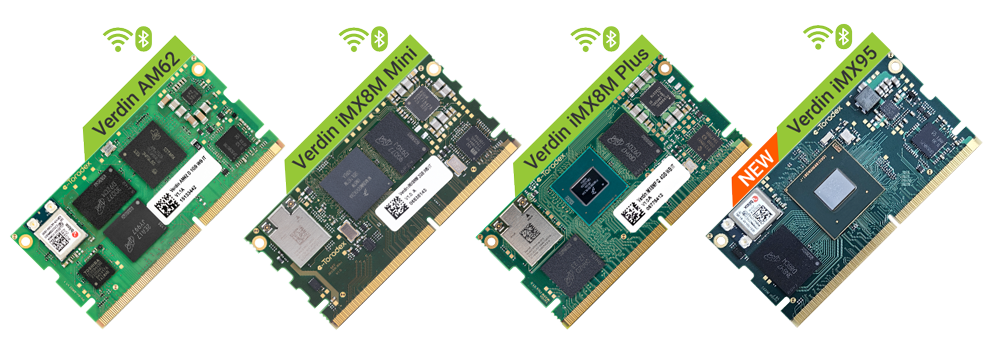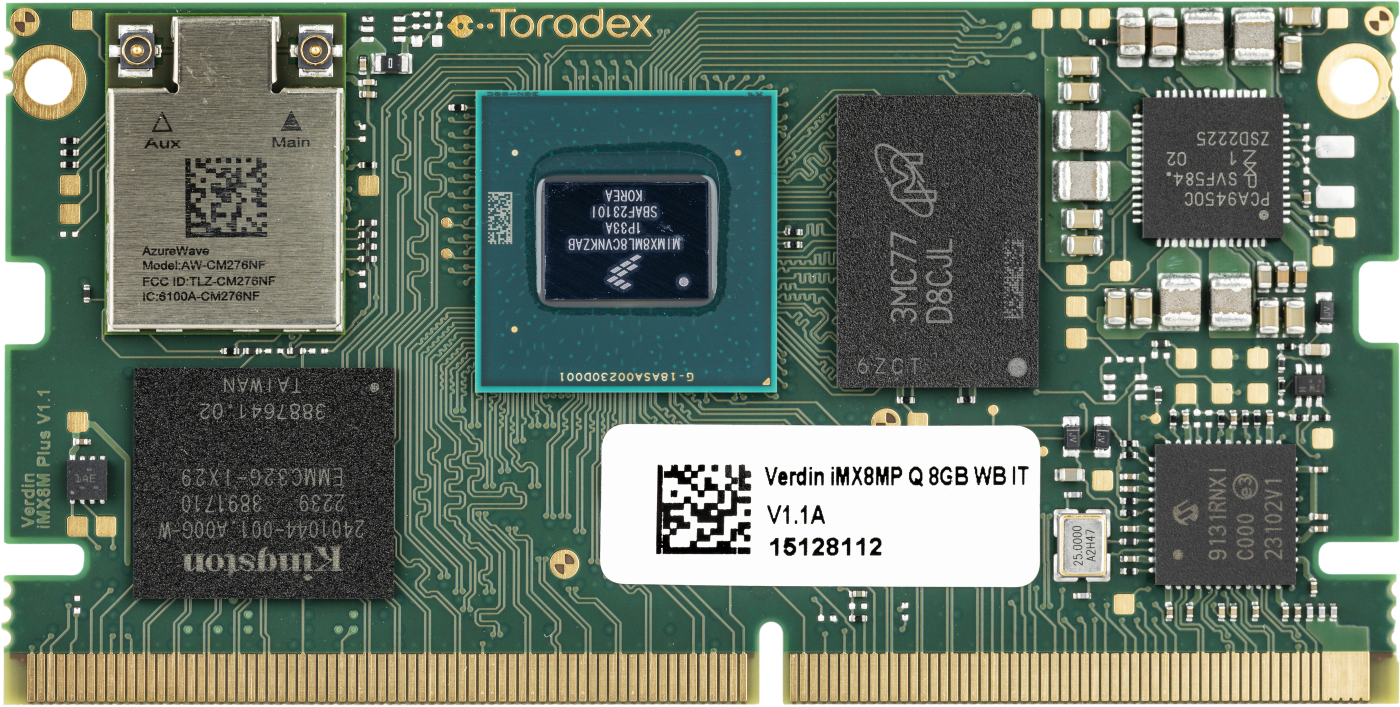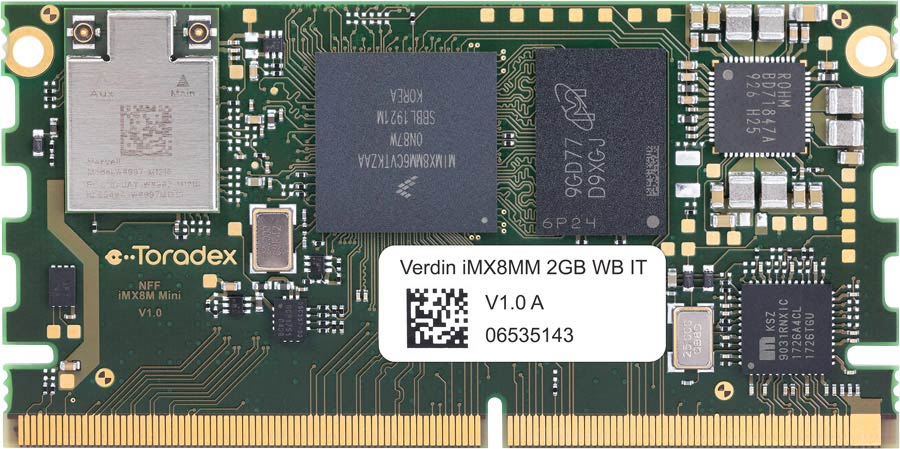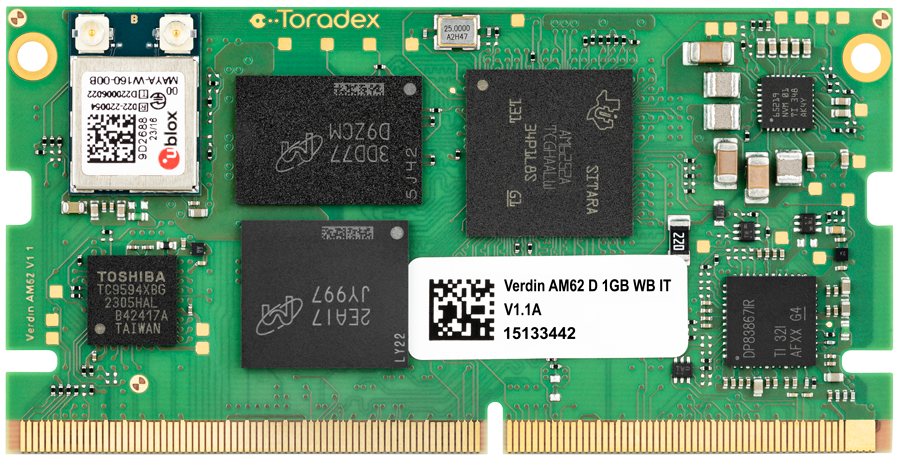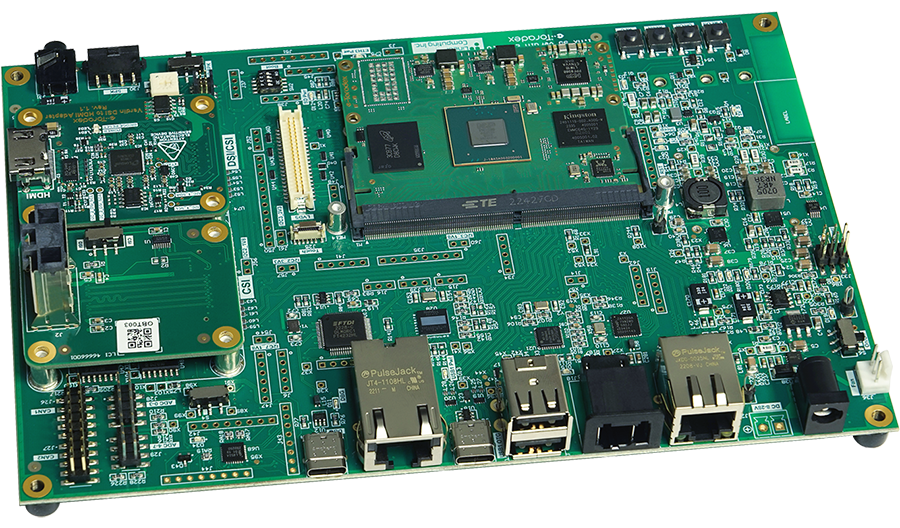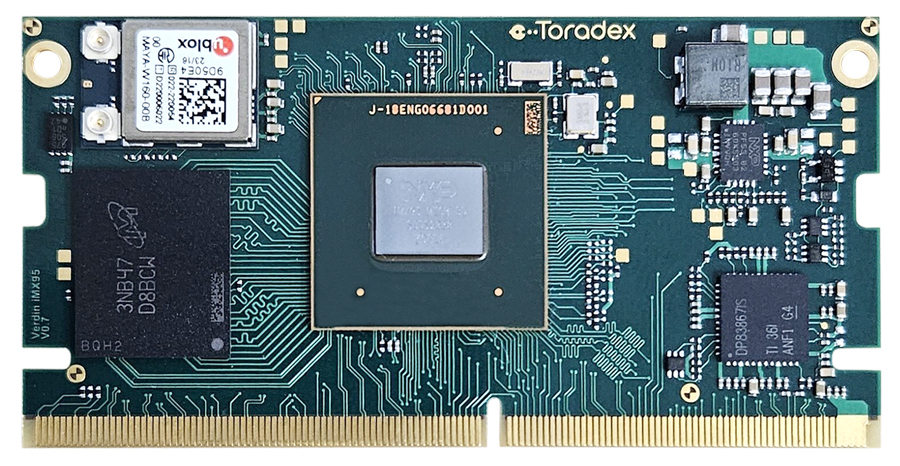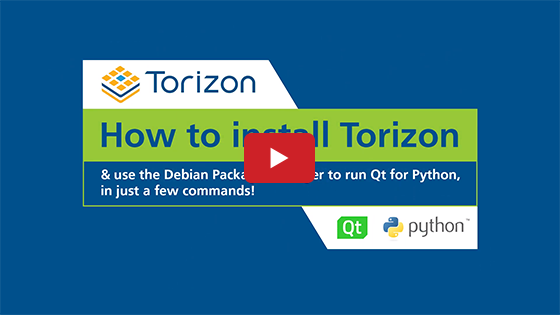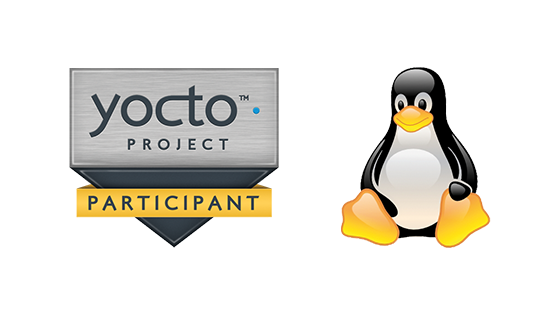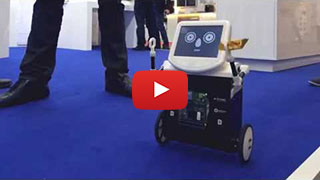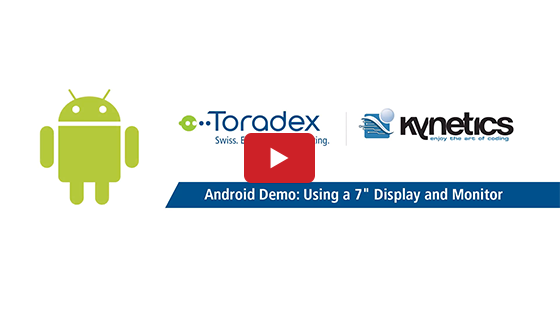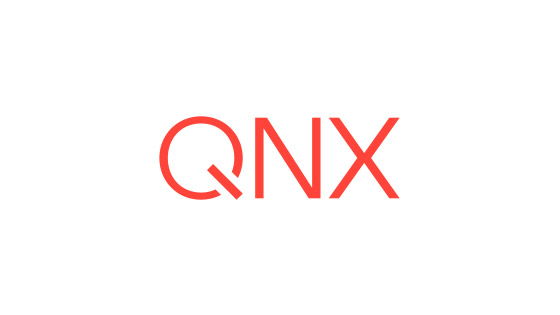Verdin Arm Family
Verdin is a System on Module standard expanding on the successful Colibri and Apalis form factors. It provides a revised, modern and capable interface set and focuses on ease-of-use, robustness and being future-proof.
Verdin is similar sized to the Colibri but with a higher pin count. A DDR4 SODIMM edge connector provides a cost-effective, highly reliable, shock- and vibration-resistant connection.
The future-proof pinout gives developers simple access to the latest interfaces, and a wide range of pin-compatible modules will provide excellent scalability. Three simple categories of Interface pins are available. Fully compatible pins are guaranteed to be available on every Verdin module. Reserved pins have a reserved dedicated function and are available on most Verdin modules. Type-specific pins provide access to specific features of a certain SoC, but are not guaranteed to be compatible with other Verdin modules.
The Verdin Family taps into the rich Toradex ecosystem, offering industry-leading free support, an in-house open-source Linux operating system and a range of partner operating systems including Android and QNX. A wide range of industry-specific off-the-shelf software solutions (e.g. Qt, Crank, and CODESYS) are available as easy to integrate packages. In addition, a broad range of off-the-shelf carrier boards are currently in development by Toradex and its partners.
The first Verdin modules are available with the NXP i.MX 8M Mini applications processor. A version with the i.MX 8M Nano is available as a built-to-order (BTO) option. Toradex also offers a Verdin module with the NXP i.MX 8M Plus processor, which includes a Neural Processing Unit ideal for Machine Learning applications, and Texas Instruments (TI) AM62x processor based Verdin AM62 System on Module.
Highlights
Verdin Computer on Modules Family
-
A53
-
A53
-
A53
-
A53
-
M7
-
3D GPU
-
NPU
-
ISP
-
VPU
-
8GB RAM
-
32GB FLASH
-
A53
-
A53
-
A53
-
A53
-
M4
-
3D GPU
-
VPU
-
2GB RAM
-
16GB FLASH
-
A53
-
A53
-
A53
-
A53
-
M4
-
3D GPU
-
2GB RAM
-
16GB FLASH
-
A55
-
A55
-
A55
-
A55
-
A55
-
A55
-
M7
-
M33
-
NPU
-
3D GPU
-
16GB RAM
-
128GB FLASH
-
A55
-
A55
-
A55
-
A55
-
A55
-
A55
-
M7
-
M33
-
NPU
-
3D GPU
-
16GB RAM
-
128GB FLASH
Videos
Simplify Modern Product Development
First look at the Verdin System on Module
Software
Torizon is a Linux-based software platform ideal for industrial, medical, and other highly-reliable scenarios. It is a developer-friendly ecosystem that simplifies the process of developing and maintaining embedded software...

Toradex carries out in-house development and maintenance of a Yocto Project-compatible production-quality Embedded Linux BSP. Our extensive documentation...
FreeRTOS is supported directly by Toradex. It is a real-time OS that runs on the Cortex-M4 cores in parallel to the main OS.
Android is supported by our service partner Kynetics. An Evaluation will be provided free of charge as a binary installer directly on Toradex Easy Installer feeds and in source-code.
QNX is a microkernel-based realtime operating system, primarily targeted at embedded systems requiring high safety and security. For information about the current state of QNX get in touch with our Sales Team
Verdin Computer on Modules - Comparison Table
The power consumption is subject to variation, depending on the situation. Our estimation of the minimum and maximum power consumption is based on the lowest idle power consumption and the highest power consumption values during maximum load. Refer our developer article for more information.
(1) The Wi-Fi/Bluetooth module featured on the SoM is rated for an operating temperature range of -30°C to +85°C. As this component is not deemed boot-critical, the SoM is still listed as an industrial temperature range product.
*WiFi6 | Bluetooth 5.3 (available for Custom Configuration)
General: Some interfaces are available on pins that are not entirely compatible within the Verdin Computer on Module family. There are restrictions to using different interfaces simultaneously, please check the respective datasheet for exact details.
Verdin Carrier Boards
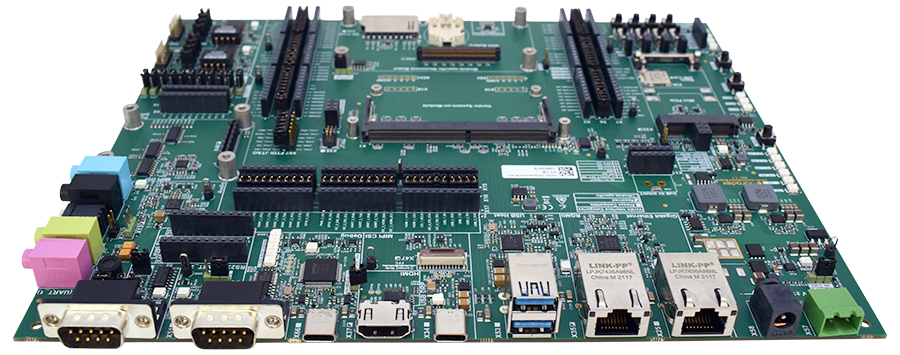
with HDMI Adapter
The Verdin Development Board is a fully featured carrier board providing easy access to all features of the Verdin family. It is an ideal platform for hardware development and integration. The board is compatible with all current and future Verdin modules.
Be it USB 3.0, Gigabit Ethernet, HDMI, MIPI DSI, MIPI CSI or PCIe: the board provides access to Verdin high-speed interfaces. Transceivers for CAN, RS-232 and RS-485 let you connect industry-standard interfaces directly.
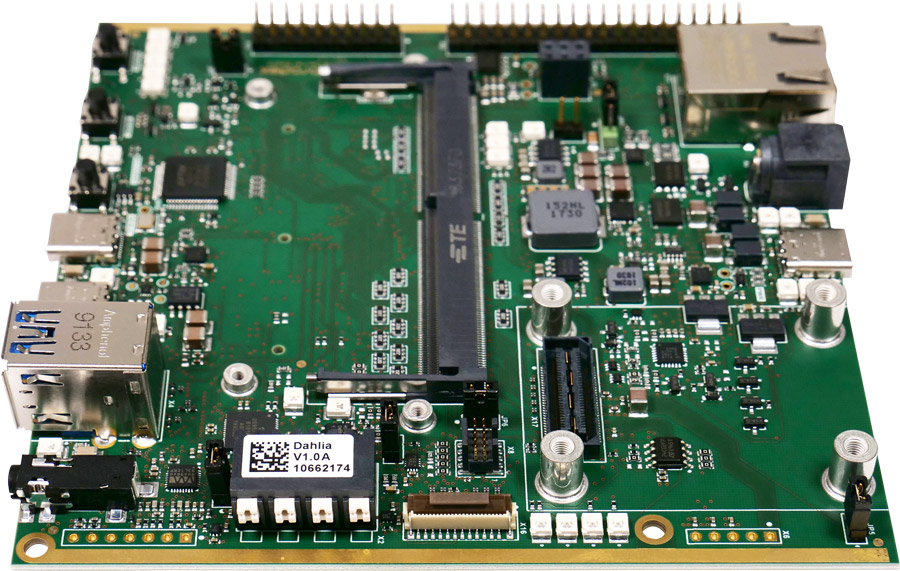
with HDMI Adapter
Dahlia is a compact carrier board providing easy access to the most common features of the Verdin family. It is an ideal platform for software development and demonstration purposes. The board is compatible with all current and future Verdin modules.
You can power Dahlia via a USB-C connector (USB Power Delivery capable). The board can also be powered via a barrel connector (5V-27V DC).
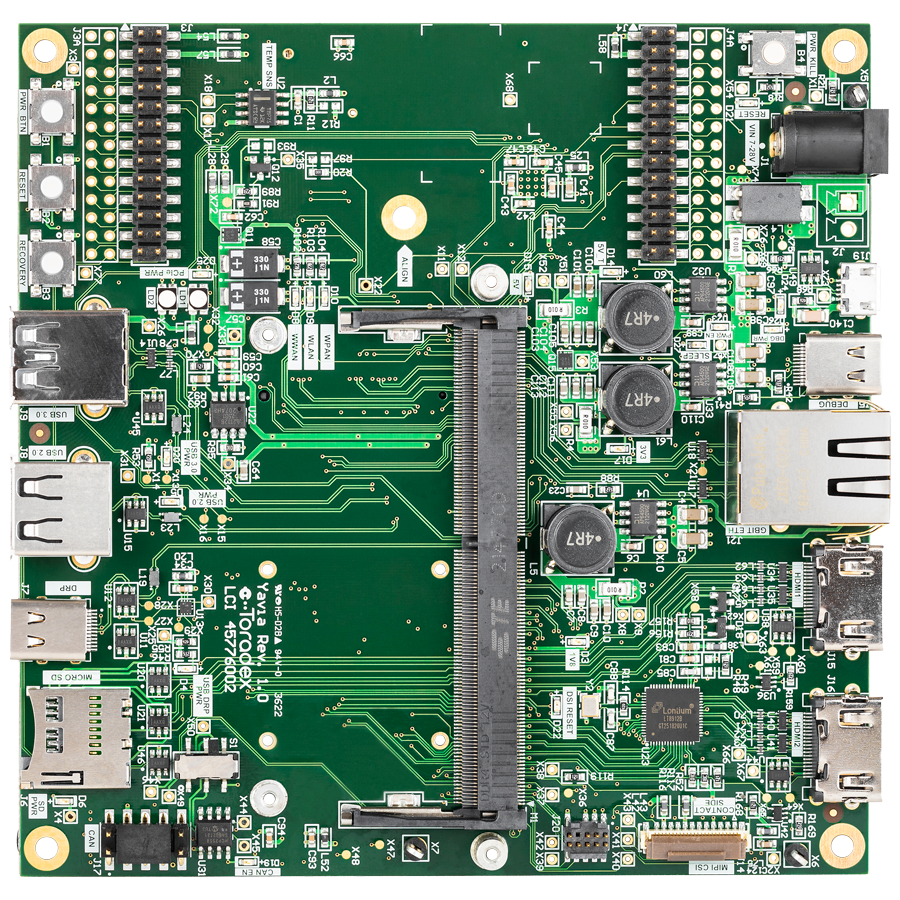
Yavia is a compact carrier board providing easy access to the most common features of the Verdin family. Yavia has been designed by our partner Linear Computing to ease up the challenging supply chain situation constraining the availability of our traditional Verdin development carrier boards.
Be it USB 3.x, Gigabit Ethernet, HDMI, MIPI CSI or PCIe: the Yavia has them. Built-in UART to USB transceivers allow you to monitor and communicate with UART interfaces via USB - in a simple and convenient way, without any additional cables and accessories.
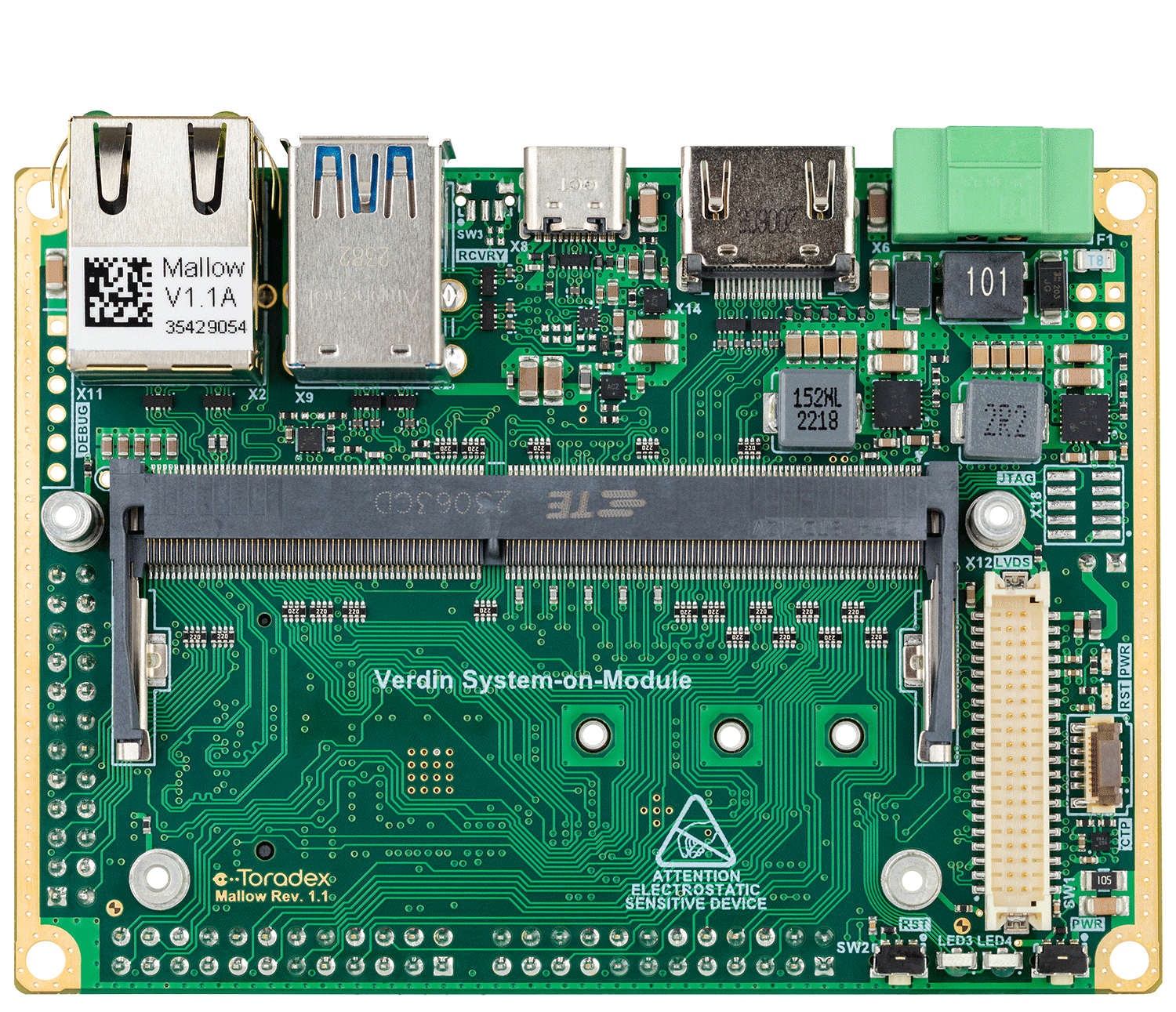
Mallow is a low-cost, small form-factor, and volume intended Carrier board compatible with Verdin System on Modules.
Has built-in UART, USB 3.x, HDMI, MIPI CSI or PCie which makes it usable in real-world volume products.
You can further extend the capabilities of the carrier board with daughter boards (via the extension connectors).
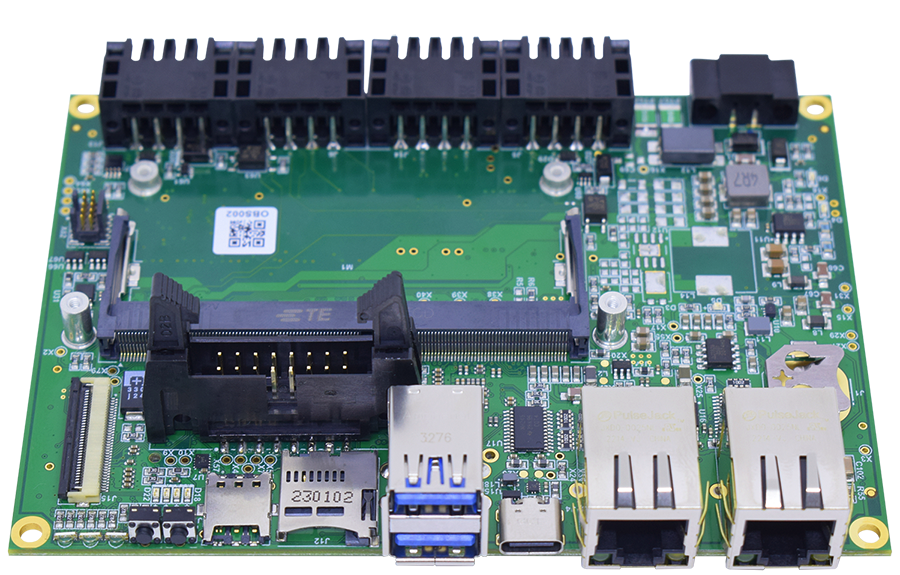
The Ivy Carrier board is the ideal solution for industrial and embedded applications. Designed with cost optimization in mind for small and medium production runs, it's perfectly suited for volume production. Whether you're manufacturing a small batch or scaling up, the Ivy Carrier board is the reliable choice for your project.
Other Computer on Module Families
Aquila is a new System on Module standard expanding the Toradex portfolio to new heights, offering unparalleled performance for computationally intensive CPU, machine learning, and vision workloads.
Apalis Arm family Computer on Modules (CoMs) offers advanced computing with supreme graphics at optimal power consumption, along with support of high speed interfaces and extensive multimedia formats. Includes free Operating System support for Embedded Linux and Windows Embdded Compact
Colibri Arm family offers an extensive portfolio of pin-compatible System on Modules(SoMs). These SoMs have small form factor, complemented with the presence of many industrial and connectivity interfaces. Includes free Operating System support for Embedded Linux and Windows Embdded Compact
